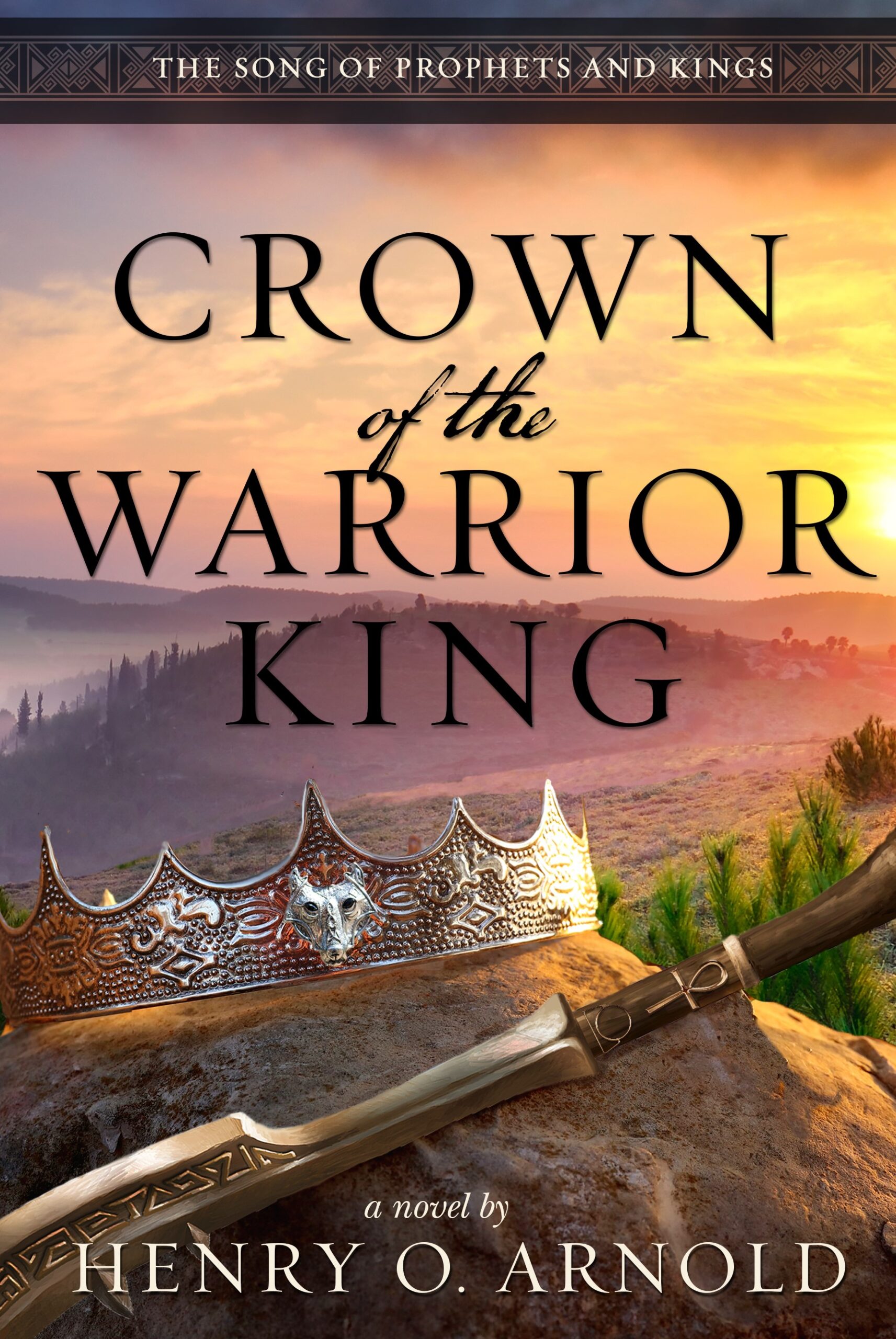The Christmas Revelation
When my rational mind began to question the existence of Santa Claus, my parents pulled me aside and ‘fessed up. But they welcomed me into the myth-making business by insisting that I must not tell my younger siblings of my loss of faith.
Now I had to submit my requests to the indisputable givers of Christmas gifts. That year I had my eye on a clock radio, a pricey item. My parents reminded me that we “weren’t made of money.” If this gift was to be acquired, then a bigger economic plan would need to be devised: the monetary forces of parents, grandparents, and an aunt and uncle thrown in for good measure, would come together to make this purchase.
The big day came, and I anticipated the family gathering and gift exchange at my grandparent’s house where I hoped to receive the desired gift. It was torture to wait until the gifts had been distributed to all the family members. Then my parents forced me to watch as each family member opened their gift before my present was even revealed. When it was finally my turn, to add to the dramatic build-up, my mother had me sit in the center of the room, and I was instructed to close my eyes.
As soon as the box was placed in my lap, I grabbed it and began to shake it. The sound of the contents confused me. I should have heard the thud of a single object bouncing off the sides of the cardboard box. Instead, it was a rattling sound like a bunch of loose parts.
I tore away the paper and yanked off the lid, and what to my wondering eyes should appear, but a jumbled mess of radio parts with no instructions for assembly. If this was the best my parents could do even with economic support from other family members, then we really must be poor.
There was silence in the room as everyone awaited my reaction, which, after a few seconds of stunned disbelief, was a flood of tears. Not the reaction any of them expected from their “Dirty Santa” trick.
All the conspirators leapt from their seats and crushed me with love, comfort, and penance. My father dashed behind the Christmas tree and presented me with the real and assembled clock radio. Moral of this story: I should not have lost my faith in Santa Claus. He never would have done this to a kid.










